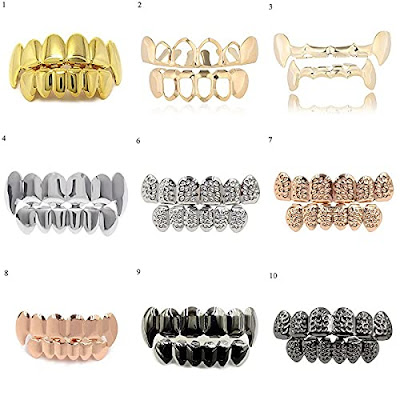If you’re someone that has an infant with issues involving breastfeeding, or if there’s issues with moving the tongue, there is a chance the child might have ankyloglossia. So what is that exactly? Is there a way to fix it? Well, you’re in luck because we’ll walk you through everything, and what you as a parent may expect from this.
What Ankyloglossia is
This is known by many as being tongue-tied, and is a congenital sort of condition, so it will affect children from the moment they’re born.
In those who have tongue tie, the thin part of the tissue known as the lingual frenulum, which attaches the tongue towards the floor of the child’s mouth is shorter or bigger than usual.
This connection impacts the overall mobility of the baby or child’s tongue, and causes trouble with speech, and breastfeeding.
Only half of the children with this condition have issues with breastfeeding. So what causes this? Well, it may happen when the child’s in the embryonic stage, where they’re fused towards the floor of their mouths, prior to detachments with development.
For those who have tongue tie, the tissue won’t properly thin or recede, not detaching correctly at this stage.
If you’re worried about this, don’t fret. There isn’t a way to prevent this, and it affects a tenth of children. You’re not alone, nor are you at fault. It’s pretty simple and relatively painless for someone to get this treatment for infants.
The symptoms.
The presentation of the condition does vary quite greatly. It may impact the baby’s life, or their child’s life, but in a lot of cases, there’s mild symptoms.
The symptoms, however, might change based on the stage of one’s life.
The symptoms for infants include:
Issues with breastfeeding
A notched or heart-shaped appearance on the tongue of a child
A click when they’re nursing
Problems with weight gain
A very high level of hunger
For young children:
Speech issues and difficulties speaking
Issues with swallowing
Issues with sticking their tongue out, kissing, moving it from one side to the other, or positioning it near the roof of the mouth
For mothers:
Low milk supply
Breastfeeding being discomforting
Nipples that are tender
Regardless of the symptoms of a child, you should always check with medical professionals if you do have ankyloglossia.
Treatments
For this condition, you may not need treatment right away. But if there are issues with swallowing, feeding, or speaking, there may be a corrective procedure required.
The best procedure for this is tongue tie division, or a frenectomy, which consists of cutting out the tissue that connects the tongue to the mouth floor. It is generally painless for an infant, but there might be some pain relievers or anesthetic done.
Now that it’s simple enough for treating, it doesn't usually require pain meds.
But there is some aftercare that might be done, and if you have questions, you should reach out right away. always schedule the follow-up appointments too, in order to ensure success.
There is a chance that there might be some blood in the mouth and the stool. To stop this, you may want to use gauze or cloth, submerging this in ice water. Apply this with some mild pressure for a couple minutes.
Using a bottle or breastfeeding might also help. But if there are issues still with swallowing, breathing, or bleeding abnormally, seek medical care immediately.
There is also some possible issues with breastfeeding too. But the good thing is that usually after a week or two it goes away.














